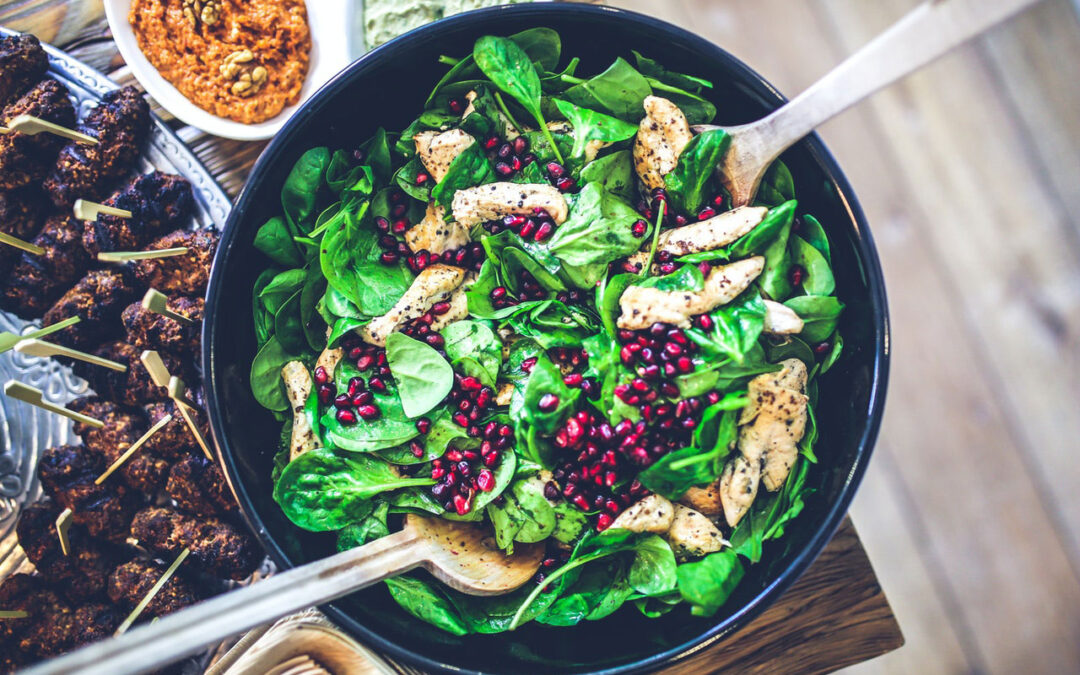
Hacking Your Nutritional Approach to Health
Nutrition has the power to positively affect our lives. One of the most profound areas where this can occur is in the process of cancer treatment. Nutrition, in concert with traditional medical interventions, can help make cancer therapies more effective to increase chances of survival.
Nutritional Approach to Health
In this episode of Curves Welcome podcast, I chat with Martha Tettenborn, RD about hacking chemo using “the ketogenic diet, therapeutic fasting, and a kickass attitude to power through cancer.”
Podcast
Listen to this episode on your favorite podcast player.
Hacking Chemo Book
Cancer thrives on sugar. Cancer cells need it, unable to grow and multiply without a steady supply of glucose. But after a cancer diagnosis, medical and dietary recommendations from oncology doctors often result in increased blood sugar and insulin levels—the essential elements that cancer cells need to thrive.
In Hacking Chemo, Registered Dietitian and cancer survivor Martha Tettenborn uncovers the secrets of cancer metabolism, offering a refreshing new way of treating the disease with minimal side effects and maximum effectiveness. Cancer treatment like chemotherapy doesn’t have to derail your life. You can be your own bio-hacker by decoding how cancer works in your body…and your life.
About Martha Tettenborn, RD
Martha Tettenborn RD is a Registered Dietitian and certified Primal Health Coach with over 30 years of experience working in many areas of nutrition. She currently works in long term care with a focus on nursing homes and gerontology. Her private health coach practice, The Cancer Doula, promotes a low-carb, whole-foods-based approach to disease prevention and cancer symptom management.
When diagnosed with Stage 1 ovarian cancer, Martha began exploring the research of the disease and discovered the science of cancer metabolism. This led her to develop and use a protocol of ketogenic diet with targeted therapeutic fasting to significantly impact her response to chemotherapy. Inspired by her own journey, Martha wants to help others see cancer differently – as an experience that will give you strength, wisdom, and more love for your body and life than ever before.
A featured speaker at the Low Carb Long Weekend Summit and on numerous podcasts, Martha shares her knowledge as a dietitian and experience as a cancer patient to inform others about the power of metabolic interventions to support conventional cancer treatment. Martha also instructs courses teaching the ketogenic approach to cancer treatment for the Nutrition Network and Udemy.
A cancer survivor since 2018, Martha is an avid hiker, cyclist, live theatre backstage crew member and a wannabe world adventurer. She lives on the beautiful Bruce Peninsula in central Ontario, Canada.
Connect with Martha
To connect with Martha visit her website.
Resource mentioned in this episode
For a list of organic must-haves check out this curated list: The Dirty Dozen






